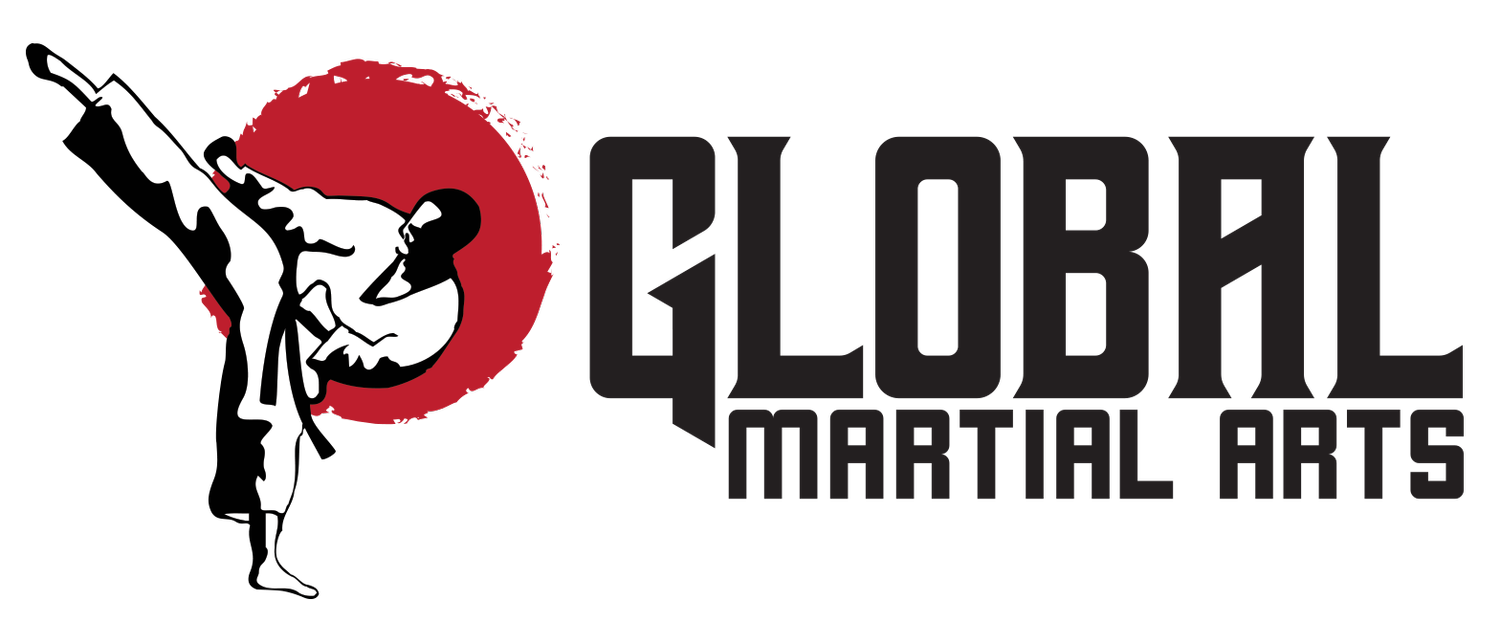The benefits of starting karate early : a guide for parents in vista California
Karate is a traditional martial art that offers numerous physical, mental, and emotional benefits for individuals of all ages. As a karate instructor based in Vista, California, near San Diego, I often receive questions from parents about the ideal age for their children to start learning karate. In this blog, we will explore the advantages of starting karate at an early age and shed light on why it can be a valuable endeavor for your child's development.
1. Building Discipline and Focus:
One of the primary benefits of introducing children to karate at a young age is instilling discipline and focus. Karate classes require students to adhere to structured routines, follow instructions, and show respect to their instructors and peers. The early exposure to these principles helps children develop self-discipline, improved concentration, and the ability to set goals—a foundation that will benefit them throughout their lives.
2. Enhancing Physical Fitness:
Regular physical activity is crucial for children's overall health and growth. Karate provides an excellent avenue for kids to stay active while having fun. Karate classes involve various exercises and movements that promote cardiovascular fitness, strength, flexibility, and coordination. Furthermore, the martial art emphasizes the development of gross motor skills, balance, and agility, which are essential during childhood and beyond.
3. Promoting Self-Confidence:
Karate training promotes a sense of self-confidence and self-esteem in children. As they progress through their training, they acquire new skills, earn different colored belts, and participate in competitions or demonstrations. These milestones and achievements help build a strong sense of accomplishment, boosting their confidence levels and encouraging them to tackle challenges with resilience and determination.
4. Cultivating Respect and Self-Discipline:
Karate is deeply rooted in traditional values, including respect, humility, and self-discipline. Children who begin their karate journey at an early age learn to respect their instructors, classmates, and the art itself. They also develop a sense of self-discipline by adhering to the dojo's rules and maintaining a positive behavior both inside and outside the training environment.
5. Developing Conflict Resolution Skills:
Karate training emphasizes the importance of resolving conflicts peacefully and avoiding violence whenever possible. Children who learn karate from an early age are taught important values such as communication, empathy, and self-control. These skills empower them to handle conflicts effectively, diffuse tense situations, and promote harmony in their interactions with others.
6. Fostering Mental Focus and Emotional Well-being:
Karate is not solely about physical training; it also nurtures mental focus and emotional well-being. Regular practice helps children develop better attention spans, concentration, and mental clarity. The art's emphasis on controlled breathing techniques and meditation promotes relaxation, stress reduction, and emotional balance, equipping children with valuable coping mechanisms for life's challenges.
Conclusion:
Starting karate at an early age can provide children with a myriad of lifelong benefits. From building discipline and focus to enhancing physical fitness and promoting self-confidence, karate training offers a holistic approach to development. By cultivating respect, conflict resolution skills, and mental focus, children who learn karate can grow into well-rounded individuals. If you're a parent in Vista, California, near San Diego, consider enrolling your child in karate classes and witness the positive impact it can have on their overall well-being.
